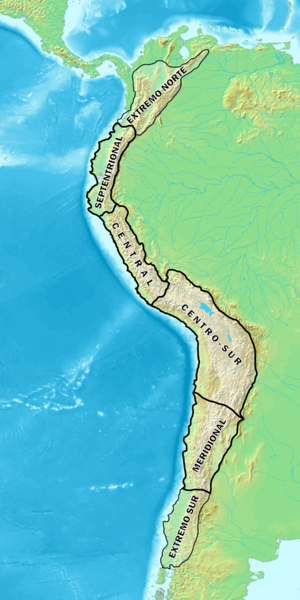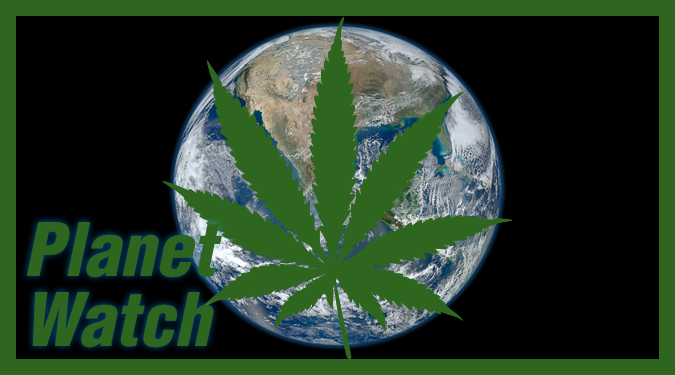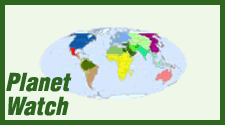 The US State Department's 2012 International Narcotics Control Strategy report contains harsh words for Peru, lamenting the country's "slow advance" in coca leaf eradication. The report says the country has 53,000 hectares under coca cultivation. Colombia has 100,000 hectares—but Peru's total has increased in recent years, while Colombia's has dropped. (Although Peru has challenged these claims.) The report calls out Peru's Customs Service, Coast Guard, Port Authority and Public Ministry as blocking progress in the anti-narcotics struggle. State Department analyst Pedro Yaranga told Lima's La Republica that "there does not exist a decision to attack the coca source areas [cuencas cocaleras]." He particularly named the Upper Huallaga Valley and Apurímac-Ene River Valley (VRAE).
The US State Department's 2012 International Narcotics Control Strategy report contains harsh words for Peru, lamenting the country's "slow advance" in coca leaf eradication. The report says the country has 53,000 hectares under coca cultivation. Colombia has 100,000 hectares—but Peru's total has increased in recent years, while Colombia's has dropped. (Although Peru has challenged these claims.) The report calls out Peru's Customs Service, Coast Guard, Port Authority and Public Ministry as blocking progress in the anti-narcotics struggle. State Department analyst Pedro Yaranga told Lima's La Republica that "there does not exist a decision to attack the coca source areas [cuencas cocaleras]." He particularly named the Upper Huallaga Valley and Apurímac-Ene River Valley (VRAE).
 At the annual Vienna meeting of the Commission on Narcotic Drugs, the governing body of the UN Office on Drugs & Crime (UNODC) voted Dec. 2 to strike cannabis from Schedule IV of the 1961 Single Convention on Narcotic Drugs, the global treaty regulating drug control policy.
At the annual Vienna meeting of the Commission on Narcotic Drugs, the governing body of the UN Office on Drugs & Crime (UNODC) voted Dec. 2 to strike cannabis from Schedule IV of the 1961 Single Convention on Narcotic Drugs, the global treaty regulating drug control policy.

 A welcome blow is reported against the deeply ingrained stigma that attaches even to users of basically harmless drugs like cannabis that happen to be illegal. The
A welcome blow is reported against the deeply ingrained stigma that attaches even to users of basically harmless drugs like cannabis that happen to be illegal. The  The US State Department's 2012
The US State Department's 2012 





Recent comments
4 days 6 hours ago
4 days 13 hours ago
3 weeks 5 days ago
4 weeks 4 days ago
8 weeks 4 days ago
12 weeks 3 days ago
16 weeks 3 days ago
17 weeks 1 day ago
27 weeks 1 day ago
31 weeks 2 days ago